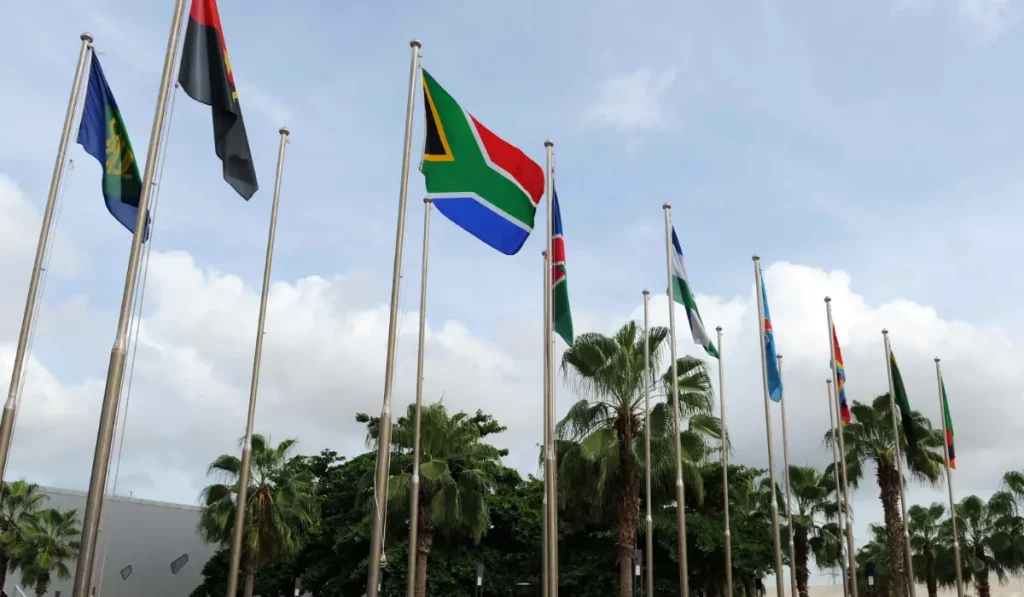
Conflict & Resilience Monitor – 29 August 2024
This month’s issue of the Monitor begins with a piece by Katharine Bebington highlighting some key outcomes from the recently concluded 44th Ordinary Summit of the Heads of State and

This month’s issue of the Monitor begins with a piece by Katharine Bebington highlighting some key outcomes from the recently concluded 44th Ordinary Summit of the Heads of State and
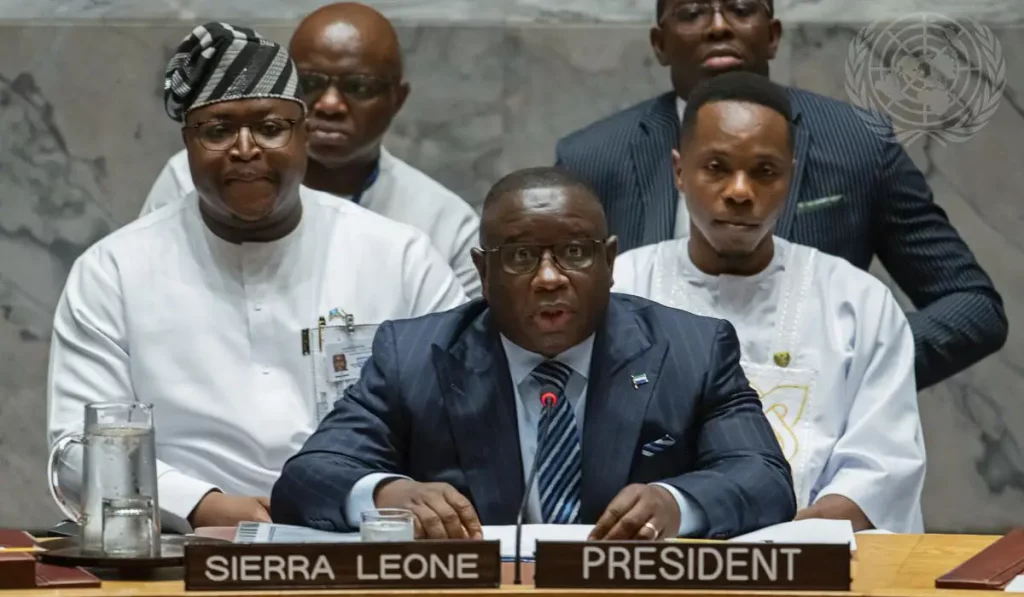
An opportunity to echo the Common African Position on the UN Security Council reforms.
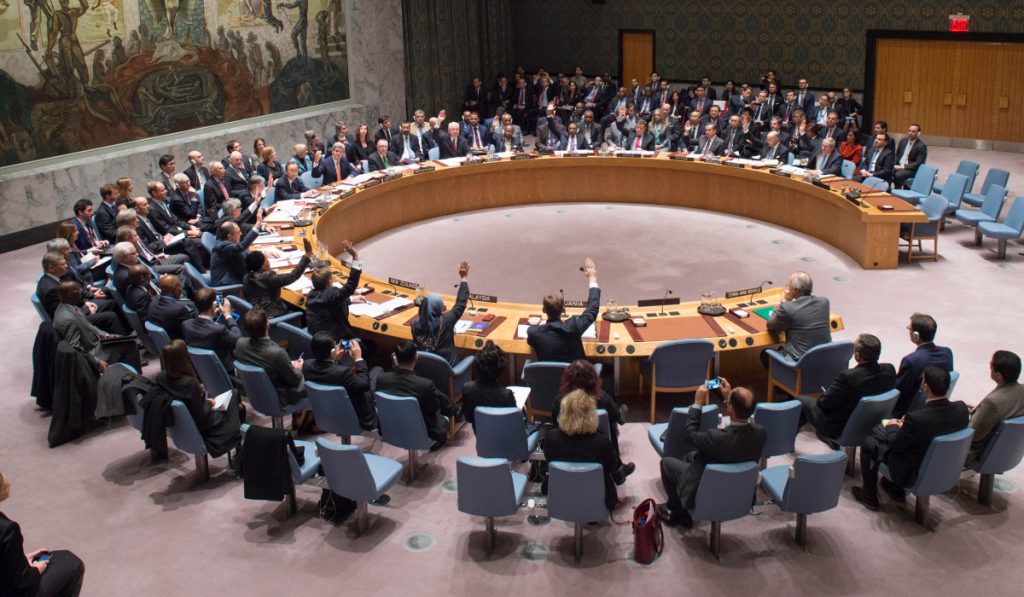
Africa’s call for reform of the United Nations Security Council (UNSC) has grown into a compelling argument for decolonising the composition of the Council by adding one or more African permanent members
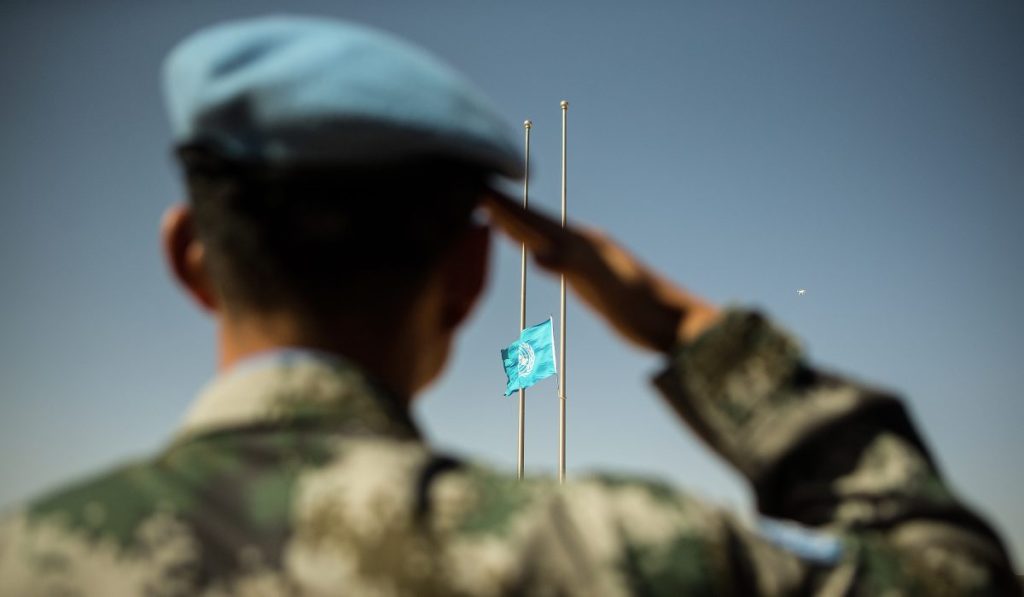
On Friday 16th June, Mali’s Foreign Minister, Abdoulaye Diop, told the UN Security Council, that its 13,000-strong stabilisation mission (MINUSMA) should leave without delay. MINUSMA has tried to stabilise Mali
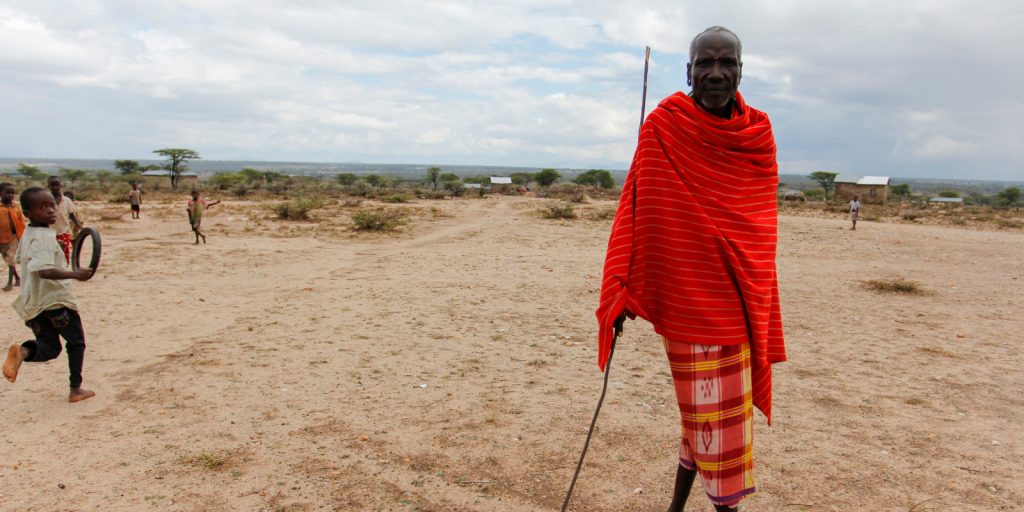
A sustaining peace perspective on climate change shows that the effects of climate change can exacerbate the drivers of conflict, and conflict can undermine the resilience of communities to cope with climate change
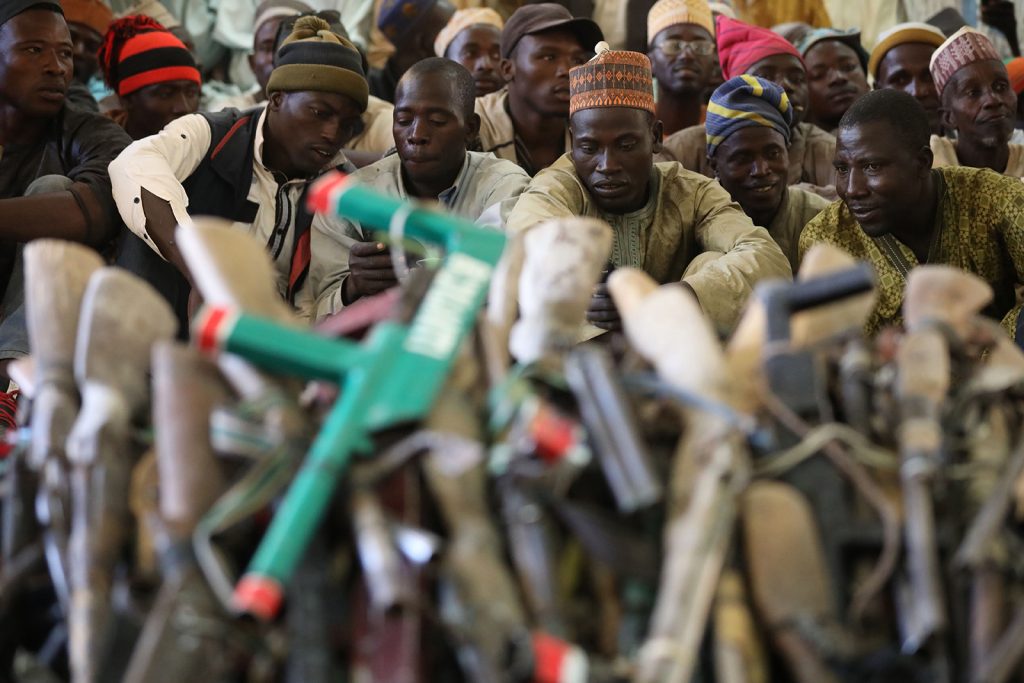
The youth of Nigeria must be empowered to counter violent extremism and sustain peace and development.

AMISOM was a child of necessity, birthed in the context of an exacerbated Somali conflict and the emergence of the ICU in 2006 as the dominant force in the fight for the control of Mogadishu.
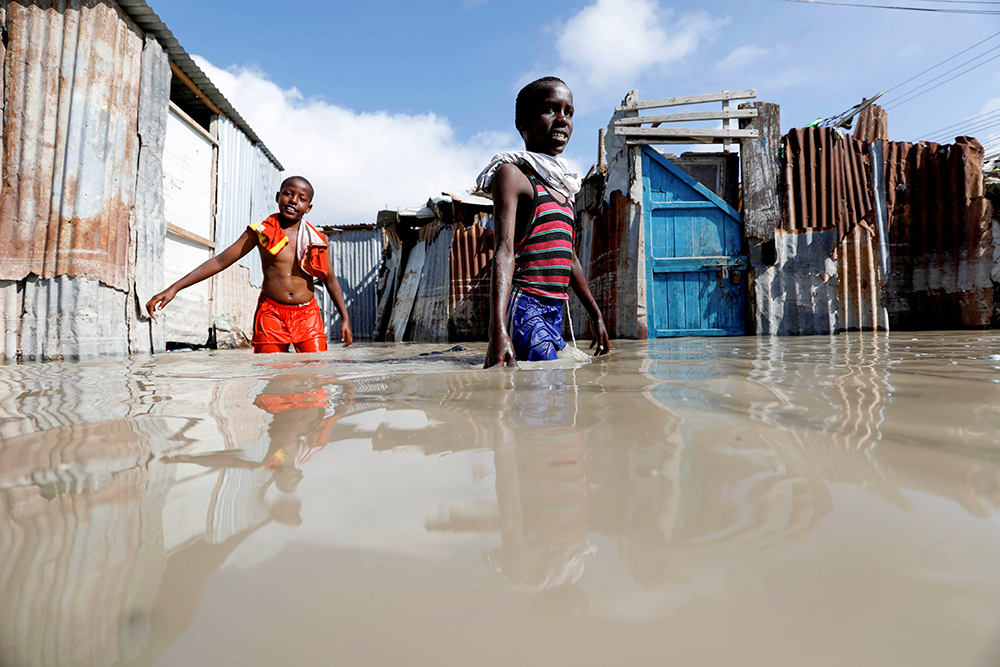
Climate change can undermine peace and increase levels of violence by affecting the drivers of conflict.
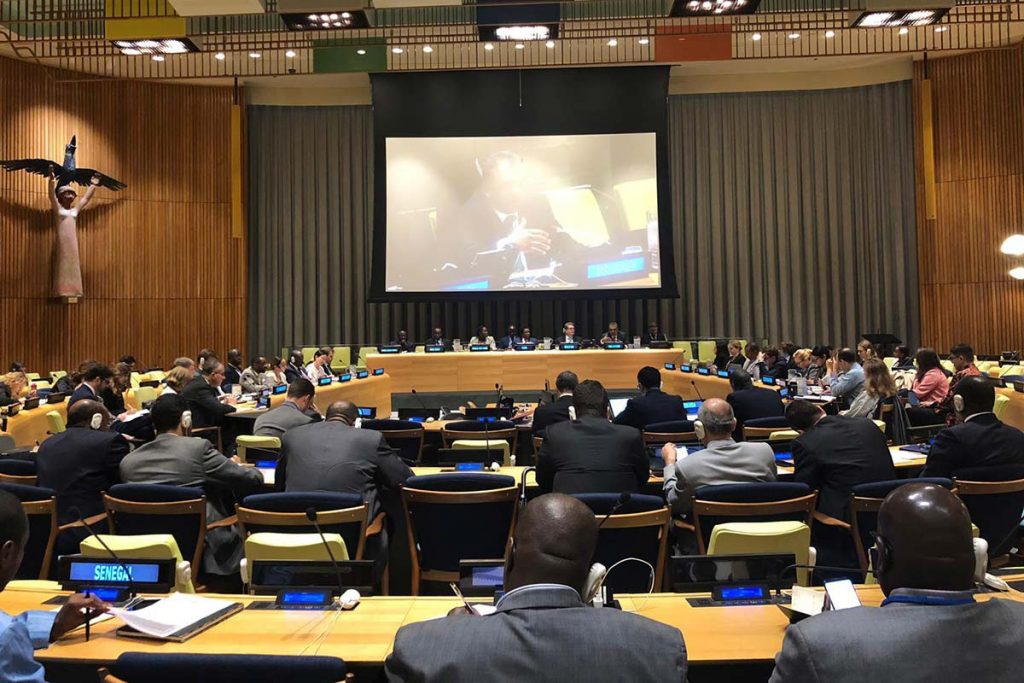
Dr. Gounden highlights the importance of security and justice sectors to be professional, independent and accountable to civil authority.
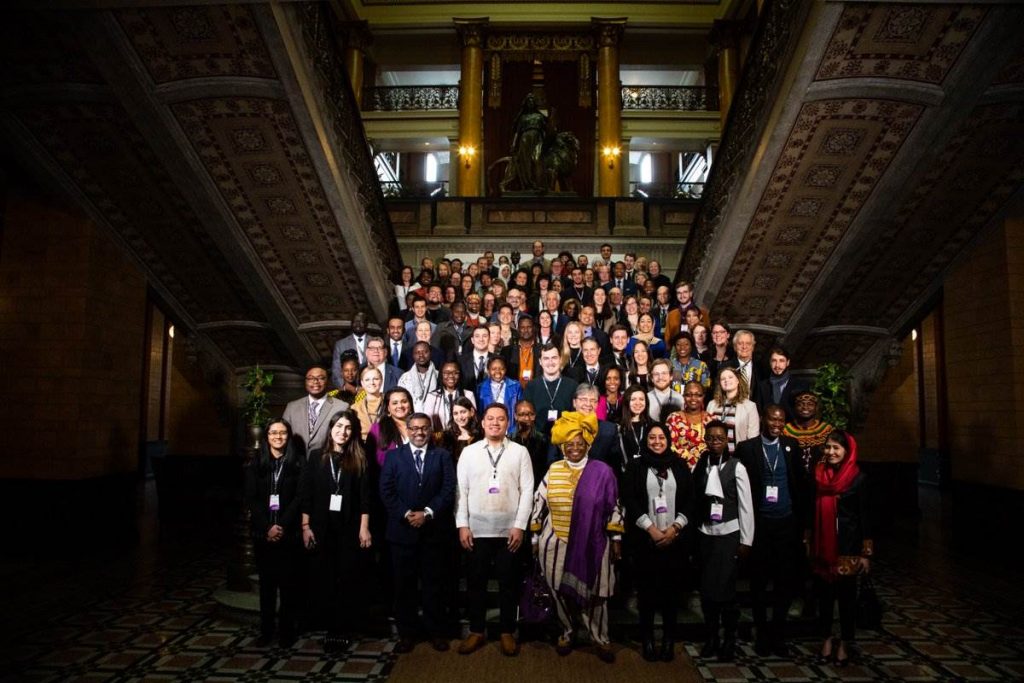
Towards youth inclusive peace processes.